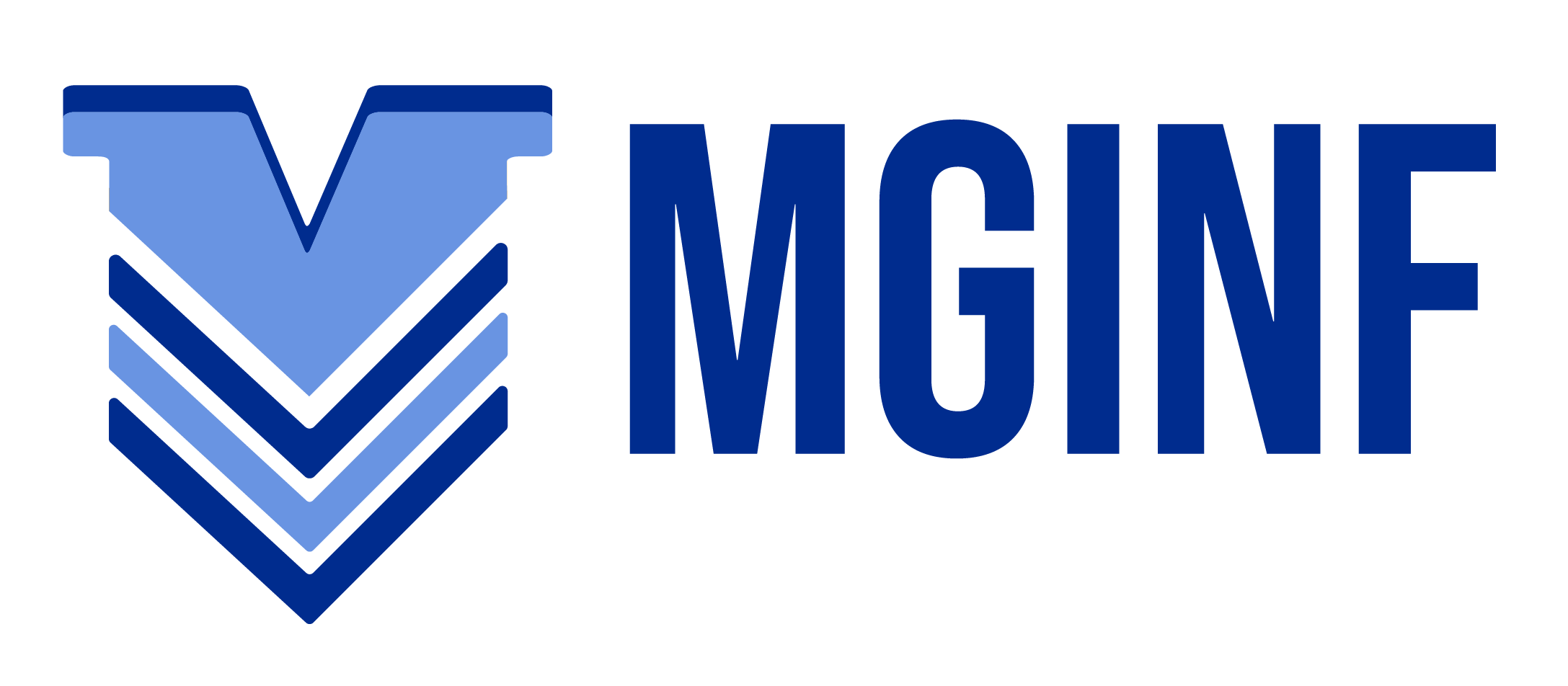Introduction
In a dynamic global economy like that of the United States, the field of finance remains a cornerstone of professional growth and economic stability. Aspiring finance professionals often find themselves at a crossroads, wondering which finance course would best suit their career ambitions. This article delves into the nuances of various finance courses, analyzing their demand, career prospects, and other essential factors that can guide individuals in making informed decisions.
Understanding the Finance Landscape
Current Trends in Finance
The finance industry is constantly evolving, adapting to technological advancements, regulatory changes, and market dynamics. Understanding these trends is crucial for individuals considering a career in finance.
Factors Driving Demand
Several factors contribute to the increasing demand for finance professionals in the United States. These may include the expansion of financial markets, globalization, and the growing complexity of financial instruments.
Types of Finance Courses
Traditional Finance Degrees
Bachelor’s in Finance
A Bachelor’s degree in Finance provides students with a comprehensive understanding of financial principles, including corporate finance, investment analysis, and financial markets.
Master’s in Finance
A Master’s degree in Finance offers advanced knowledge and specialized skills in areas such as financial modeling, risk management, and derivatives trading.
Specialized Finance Certifications
Chartered Financial Analyst (CFA)
The CFA designation is globally recognized and demonstrates expertise in investment management and financial analysis.
Certified Financial Planner (CFP)
CFP certification focuses on financial planning, retirement planning, tax strategies, and estate planning.
Online Finance Courses
MOOCs (Massive Open Online Courses)
MOOC platforms offer a wide range of finance courses from top universities and institutions, providing flexibility and accessibility for learners.
Specialized Online Platforms
Platforms like Coursera, Udemy, and LinkedIn Learning offer specialized courses in areas such as fintech, blockchain, and algorithmic trading.
Demand Analysis
Industry Demand for Finance Professionals
Industries such as banking, consulting, investment management, and corporate finance have a constant demand for skilled finance professionals.
Regional Variations in Demand
Demand for finance professionals may vary across different regions within the United States due to factors such as industry concentration, economic growth, and regulatory environment.
Career Opportunities
Finance offers a diverse range of career paths, each with its unique opportunities and challenges.
Corporate Finance
Roles in corporate finance involve financial planning, analysis, and decision-making to support the strategic goals of organizations.
Investment Banking
Investment banking roles include mergers and acquisitions, capital raising, and financial advisory services for corporations and institutional clients.
Financial Planning
Financial planners help individuals and families achieve their financial goals through budgeting, investment planning, and retirement planning.
Risk Management
Risk managers identify, assess, and mitigate financial risks within organizations, ensuring stability and resilience in volatile markets.
Financial Analysis
Financial analysts conduct in-depth analysis of companies, industries, and financial markets to provide insights for investment decisions.
Salary Potential
Average Salaries in Various Finance Fields
Salaries in finance vary depending on factors such as education, experience, location, and industry specialization.
Factors Influencing Salary
Factors such as professional certifications, technical skills, and negotiation prowess can significantly impact salary levels in finance.
Skills Acquired
Analytical Skills
Finance courses develop strong analytical skills, critical for financial modeling, risk assessment, and investment analysis.
Communication Skills
Effective communication skills are essential for presenting financial information, negotiating deals, and building client relationships.
Technical Skills
Finance courses equip students with technical skills in areas such as financial software, data analysis, and quantitative methods.
Considerations for Choosing a Finance Course
Personal Interests and Goals
Individuals should align their choice of finance course with their personal interests, career goals, and strengths.
Career Aspirations
Aspiring finance professionals should consider the specific career paths they wish to pursue and choose courses that align with those aspirations.
Time and Financial Investment
Factors such as the duration of the course, tuition fees, and potential return on investment should be carefully evaluated before making a decision.
Testimonials and Success Stories
Real-life testimonials and success stories from finance professionals can provide valuable insights and inspiration for aspiring learners.
Emerging Trends
Fintech
The intersection of finance and technology, known as fintech, presents exciting opportunities for innovation and disruption in traditional financial services.
Sustainable Finance
The growing emphasis on sustainability and environmental, social, and governance (ESG) criteria is shaping the future of finance, creating demand for professionals with expertise in sustainable finance.
Impact of COVID-19
The COVID-19 pandemic has accelerated digital transformation and remote learning in the finance sector, leading to changes in finance education and professional practices.
Recommendations for Aspiring Finance Professionals
Advice from Experts
Seasoned finance professionals offer advice and guidance for aspiring individuals entering the finance industry, emphasizing the importance of continuous learning, networking, and adaptability.
Conclusion
In conclusion, the demand for finance professionals in the United States remains robust, with diverse career opportunities available across various industries and sectors. By carefully considering factors such as education, specialization, and career goals, individuals can choose finance courses that align with their aspirations and pave the way for a successful career in finance.
